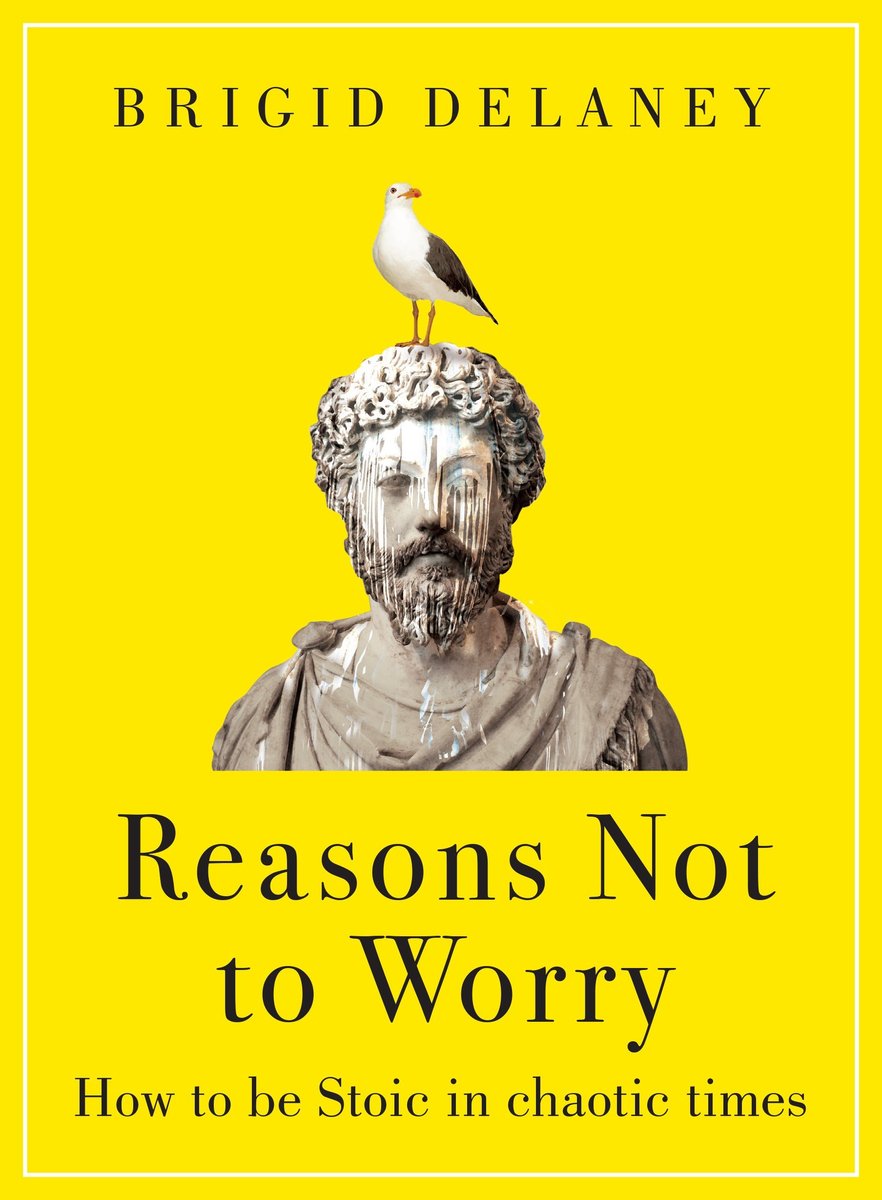
Whenever I catch up with younger friends, they tell me what they’ve been up to but also what they’ve missed out on. Debilitating FOMO - the fear of missing out - is a very millennial trait, but everyone suffers with pangs of it from time to time. No matter where you are, the place where you aren’t is more fun.
Social media has given everyone the acute and painful ability to peer out to every social event their friends are enjoying that they haven’t been invited to or were not able to attend. It’s a panopticon of pain. What a cruel invention and yet somehow we are addicted; somehow we can’t look away. If you were born after 1985, it has always been this way, whereas at least people who grew up in the 1990s were able to go to parties, and not look at their phones and see other better parties going on that they were not invited to. In the past, without phones and social media, they had a better chance of enjoying themselves where they were.
The FOMO is real, and can often end up running their lives. People attend things they don’t want to because of FOMO or are eaten up with envy when they see an image of a place or party where they are not. FOMO pulls people out of the enjoyment of the present moment and places them in a state of agitation about what they should or could have been doing.
Then there is social exclusion. We are pack animals; we thrive in communities and belonging is tied deeply to wellbeing. Social media and the subsequent FOMO it provokes is in part a response from being excised from the group, not included and perhaps not fitting in. The fear of being left out of the tribe or excluded from the ceremony (or depending on your period of history - excluded from the ball, or from harvest festival or from the concert) is an ancient fear. But we are now in a moveable Hall of Mirrors (thankyou, Instagram) where the fear follows us, and distorts everything.

